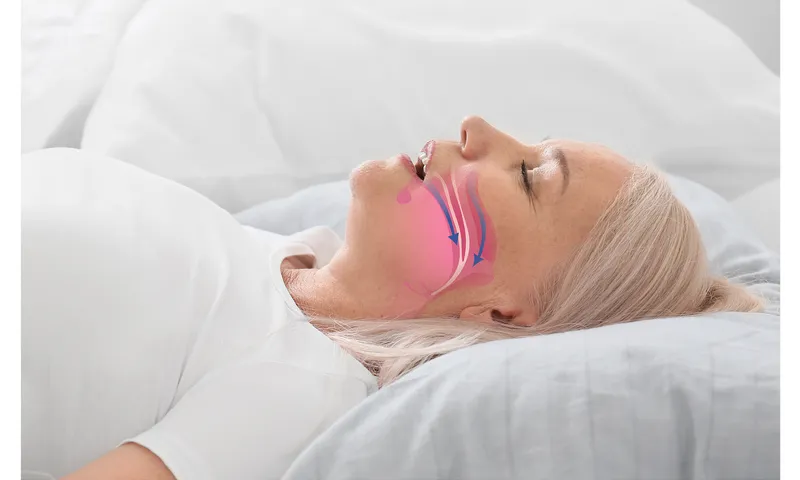Can Sleep Apnea Cause a Seizure

Sleep apnea is a common sleep disorder that causes interruptions in breathing during sleep. These pauses can last a few seconds to minutes and may occur multiple times per hour. Beyond leaving a person feeling tired during the day, sleep apnea has been linked to several serious health concerns, including cardiovascular problems, high blood pressure, and metabolic issues. One question that arises for many is: can sleep apnea cause a seizure? Understanding the connection between sleep apnea and seizures can help identify risks and guide appropriate treatment.
How Sleep Apnea Affects the Brain
During an episode of sleep apnea, oxygen levels in the blood can drop, a condition known as hypoxia. The brain is extremely sensitive to changes in oxygen levels, and repeated drops can affect neurological function over time. Additionally, sleep apnea can lead to sleep fragmentation, preventing deep restorative sleep. Chronic oxygen deprivation and poor sleep quality can increase the brain’s susceptibility to abnormal electrical activity, which may contribute to seizures in some individuals. It can also cause cognitive impairments, such as poor attention, memory, and decision-making. Increases in the risk of dementia, strokes, and mood changes can occur as well.
The Link Between Sleep Apnea and Seizures
Research suggests that there is a connection, particularly in people with existing seizure disorders or other neurological vulnerabilities. Sleep apnea can act as a powerful trigger, lowering the threshold for seizures to occur and making them more likely in sensitive individuals. Some individuals may wonder whether you can have a seizure from sleep apnea even if you have no prior history of seizures. While less common, severe untreated sleep apnea could potentially provoke a first-time seizure by causing significant oxygen deprivation and disrupting normal brain function over time.
Symptoms to Watch Out For
People with sleep apnea may experience loud snoring, frequent awakenings during the night, gasping for air, excessive daytime sleepiness, morning headaches, or difficulty concentrating. Other symptoms can include sustaining injuries like a bitten tongue or wetting the bed. If someone with sleep apnea also begins to experience seizure-like activity, such as unexplained convulsions, loss of consciousness, or unusual muscle jerks, it is important to seek medical evaluation promptly. Identifying sleep apnea and treating it effectively may reduce seizure risk.
Managing Risks
Treatment for sleep apnea often involves lifestyle changes, such as weight management, avoiding alcohol and sedatives, and sleeping on the side. Continuous positive airway pressure (CPAP) therapy is a common approach that keeps the airway open during sleep, improving oxygen levels and reducing interruptions. For those at risk of seizures, managing sleep apnea can be a crucial part of overall seizure prevention.
Bottom Line
So, can sleep apnea cause a seizure? Yes, particularly in people with pre-existing neurological vulnerabilities or severe untreated sleep apnea. Even if someone has never had a seizure before, significant oxygen deprivation from untreated sleep apnea may increase the risk. Recognizing symptoms, seeking timely medical care, and adhering to effective treatment can reduce complications and improve overall health outcomes for individuals with sleep apnea.
IMPORTANT NOTE: The above information is intended to increase awareness of health information and does not suggest treatment or diagnosis. This information is not a substitute for individual medical attention and should not be construed to indicate that use of the drug is safe, appropriate, or effective for you. See your health care professional for medical advice and treatment.


